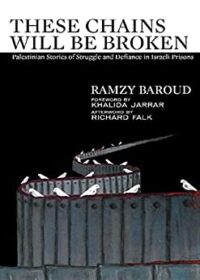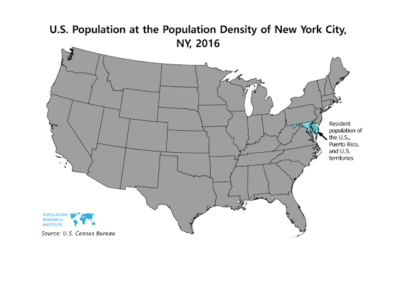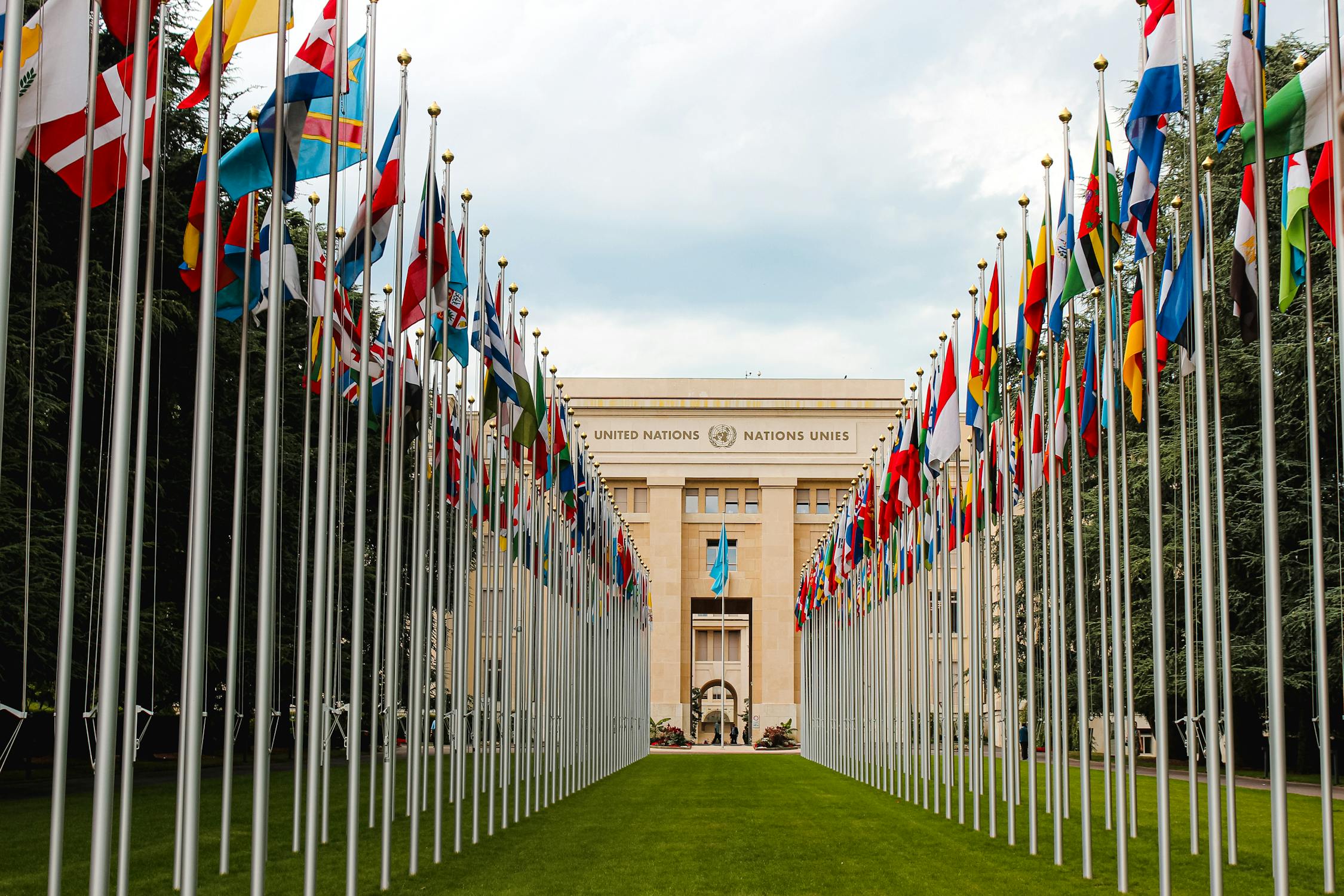Inside the Israeli parliament and out on the streets of Jerusalem, the forces of unapologetic Jewish supremacism are stirring, as a growing section of Israel’s youth tire of the two-faced Jewish nationalism that has held sway in Israel for decades.
Last week, Bezalel Smotrich, leader of the far-right Religious Zionism faction, a vital partner if caretaker Prime Minister Benjamin Netanyahu stands any hope of forming a new government, issued a barely veiled threat to Israel’s large Palestinian minority.
Expulsion, he suggested, was looming for these 1.8 million Palestinians, a fifth of the Israeli population who enjoy very degraded citizenship. “Arabs are citizens of Israel – for now at least,” he told his party. “And they have representatives at the Knesset [Israeli parliament] – for now at least.” For good measure, he referred to Palestinian legislators – the elected representatives of Israel’s Palestinian minority – as “our enemies sitting in the Knesset”.
Smotrich’s brand of brazen Jewish racism is on the rise, after his faction won six mandates in the 120-member parliament in March. One of those seats is for Itamar Ben Gvir, head of the neo-fascist Jewish Power party.
Ben Gvir’s supporters are now in a bullish mood. Last month, they took to the streets around the occupied Old City of Jerusalem, chanting “Death to Arabs” and making good on promises in WhatsApp chats to attack Palestinians and “break their faces”.
For days, these Jewish gangs of mostly youngsters have brought the lawless violence that has long reigned largely out of sight in the hills of the occupied West Bank into central Jerusalem. This time, their attacks haven’t been captured in shaky, out-of-focus YouTube videos. They have been shown on prime-time Israeli TV.
Equally significant, these Jewish mobs have carried out their rampages during Ramadan, the Muslim holy month of fasting.
Arson attacks
The visibility and premeditation of this gang violence has discomfited many Israelis. But in the process, they have been given a close-up view of how appealing the violent, anti-Arab doctrines of the late Rabbi Meir Kahane – the ideological inspiration behind Jewish Power – are proving with a significant section of young Jews in Israel.
One, sporting a “Kahane was right” badge, spoke for her peers as she was questioned on Israeli TV about the noisy chants of “May your village burn down” – a reference to so-called “price-tag” arson attacks committed by the Israeli far-right against Palestinian communities in the occupied territories and inside Israel.
Olive groves, mosques, cars and homes are regularly torched by these Jewish extremists, who claim Palestinian lands as their exclusive biblical birthright.
The woman responded in terms she obviously thought conciliatory: “I don’t say that it [a Palestinian village] should burn down, but that you should leave the village and we’ll go live in it.”
She and others now sound impatient to bring forward the day when Palestinians must “leave”.
Machinery of oppression
These sentiments – in the parliament and out on the streets – have not emerged out of nowhere. They are as old as Zionism itself, when Israel’s first leaders oversaw the ethnic cleansing of Palestinians from most of their homeland in 1948, in an act of mass dispossession Palestinians called their Nakba (catastrophe).
Violence to remove Palestinians has continued to be at the core of the Jewish state-building project ever since. The rationale for the gangs beating up Palestinians in occupied East Jerusalem are the actions pursued more bureaucratically by the Israeli state: its security forces, occupation administrators and courts.
Last week, that machinery of oppression came under detailed scrutiny in a 213-page report from Human Rights Watch. The leading international human rights group declared that Israel was committing the crime of apartheid, as set out in international law.
It argued that Israel had met the three conditions of apartheid in the Rome Statute: the domination of one racial group over another, systematic oppression of the marginalised group, and inhumane acts. Those acts include forcible transfer, expropriation of landed property, the creation of separate reserves and ghettos, denial of the right to leave and return to their country, and denial of the right to a nationality.
Only one such act is needed to qualify as the crime of apartheid but, as Human Rights Watch makes clear, Israel is guilty of them all.
Dragged out of bed
What Human Rights Watch and other human rights groups have been documenting is equally visible to the gangs roaming Jerusalem. Israel’s official actions share a common purpose, one that sends a clear message to these youngsters about what the state – and Israel’s national ideology of Zionism – aims to achieve.
They see Palestinian land reclassified as Jewish “state land” and the constant expansion of settlements that violate international law. They see Palestinians denied permits to build homes in their own villages. They see orders issued to demolish Palestinian homes, or even entire communities. And they see Palestinian families torn apart as couples, or their children, are refused the right to live together.
Meanwhile, Israeli soldiers shoot Palestinians with impunity, and drag Palestinian children out of bed in the middle of the night. They man checkpoints throughout the occupied West Bank, restricting the movement of Palestinians. They fire on, or “arrest”, Palestinians trying to seek work outside the closed-off ghettos Israel has imposed on them. And soldiers stand guard, or assist, as settlers run amok, attacking Palestinians in their homes and fields.
All of this is invariably rubber-stamped as “legal” by the Israeli courts. Is it any surprise, then, that growing numbers of Israeli teenagers question why all these military, legal and administrative formalities are really necessary? Why not just beat up Palestinians and “break their faces” until they get the message that they must leave?
Uppity natives
The battlefront in Jerusalem in recent days – characterised misleadingly in most media as the site of “clashes” – has been the sunken plaza in front of Damascus Gate, a major entrance to the walled Old City and the Muslim and Christian holy places that lie within.
The gate is possibly the last prominent public space Palestinians can still claim as theirs in central Jerusalem, after decades in which Israeli occupation authorities have gradually encircled and besieged their neighbourhoods, severing them from the Old City. During Ramadan, Damascus Gate serves as a popular communal site for Palestinians to congregate in the evenings after the daytime fast.
It was Israeli police who triggered the current explosive mood in Jerusalem by erecting barriers at Damascus Gate to seal the area off at the start of Ramadan. The pretext was to prevent overcrowding, but – given their long experience of occupation – Palestinians understood the barriers as another “temporary” measure that quickly becomes permanent, making it ever harder for them to access the Old City and their holy sites. Other major gates to the occupied Old City have already been effectively “Judaised”.
The decision of Israeli police to erect barriers cannot be divorced from a bigger context for Palestinians: the continuing efforts by Israeli authorities to evict them from areas around the Old City. In recent weeks, fresh waves of armed Jewish settlers have been moving into Silwan, a Palestinian community in the shadow of al-Aqsa Mosque. They have done so as Israel prepares to raze an entire Palestinian neighbourhood there, using its absolute control over planning issues.
Similarly, the Israeli courts have approved the eviction of Palestinians in Sheikh Jarrah, another neighbourhood under belligerent occupation close to the Old City that has been subjected to a long-running, state-backed campaign by Jewish settlers to take it over. Last month, Jerusalem officials added insult to injury by approving a plan to build a memorial to fallen Israeli soldiers in the midst of the Palestinian community.
The decision to close off the Damascus Gate area was therefore bound to provoke resistance from Palestinians, who fought police to take down the barriers. Police responded with tear gas, stun grenades and water cannon.
Those scenes – of uppity natives refusing to be disappeared back into their homes – were part of the trigger that brought the Jewish gangs out onto the streets in a show of force. Police largely let the mob rampage, as youths threw stones and bottles and attacked Palestinians.
Tired of half measures
The sight of Jewish gangs roaming central Jerusalem to hurt Palestinians has been described as a “pogrom” by some progressive US Jewish groups. But the difference between the far-right and the Israeli state in implementing their respective violent agendas is more apparent than real.
Smotrich, Ben Gvir and these street gangs are tired of the half-measures, procrastination and moral posturing by Israeli elites who have hampered efforts to “finish the job”: clearing the native Palestinian population off their lands once and for all.
Whereas Israeli politicians on the left and right have rationalised their ugly, racist actions on the pretext of catch-all “security” measures, the far-right has no need for the international community’s approval. They are impatient for a conclusion to more than seven decades of ethnic cleansing.
And the ranks of the far-right are likely to swell further as it attracts ever-larger numbers of a new generation of the ultra-Orthodox community, the fastest-growing section of Israel’s Jewish population. For the first time, nationalist youths from the Haredi community are turning their backs on a more cautious rabbinical leadership.
And while the violence in Jerusalem has subsided for the moment, the worst is unlikely to be over. The final days of Ramadan coincide this year with the notorious Jerusalem Day parade, an annual ritual in which Jewish ultra-nationalists march through the besieged Palestinian streets of the Old City chanting threats to Palestinians and attacking any who dare to venture out.
Turning a blind eye
Human Rights Watch’s detailed report concludes that western states, by turning a blind eye to Israel’s long-standing abuses of Palestinians and focusing instead on a non-existent peace process, have allowed “apartheid to metastasize and consolidate”.
Its findings echo those of B’Tselem, Israel’s most respected human rights organisation. In January, it too declared Israel to be an apartheid regime in the occupied territories and inside Israel, towards its own Palestinian citizens.
Despite the reluctance of US and European politicians and media to talk about Israel in these terms, a new survey by B’Tselem shows that one in four Israeli Jews accept “apartheid” as an accurate description of Israel’s rule over Palestinians. What is far less clear is how many of them believe apartheid, in the Israeli context, is a good thing.
Another finding in the survey offers a clue. When asked about recent talk from Israeli leaders about annexing the West Bank, two-thirds of Israeli Jews reject the idea that Jews and Palestinians should have equal rights in those circumstances.
The mob in Jerusalem is happy to enforce Israel’s apartheid now, in hopes of speeding up the process of expulsion. Other Israelis are still in denial. They prefer to pretend that apartheid has not yet arrived, in hopes of easing their consciences a little longer.
• First published in Middle East Eye
This post was originally published on Dissident Voice.








